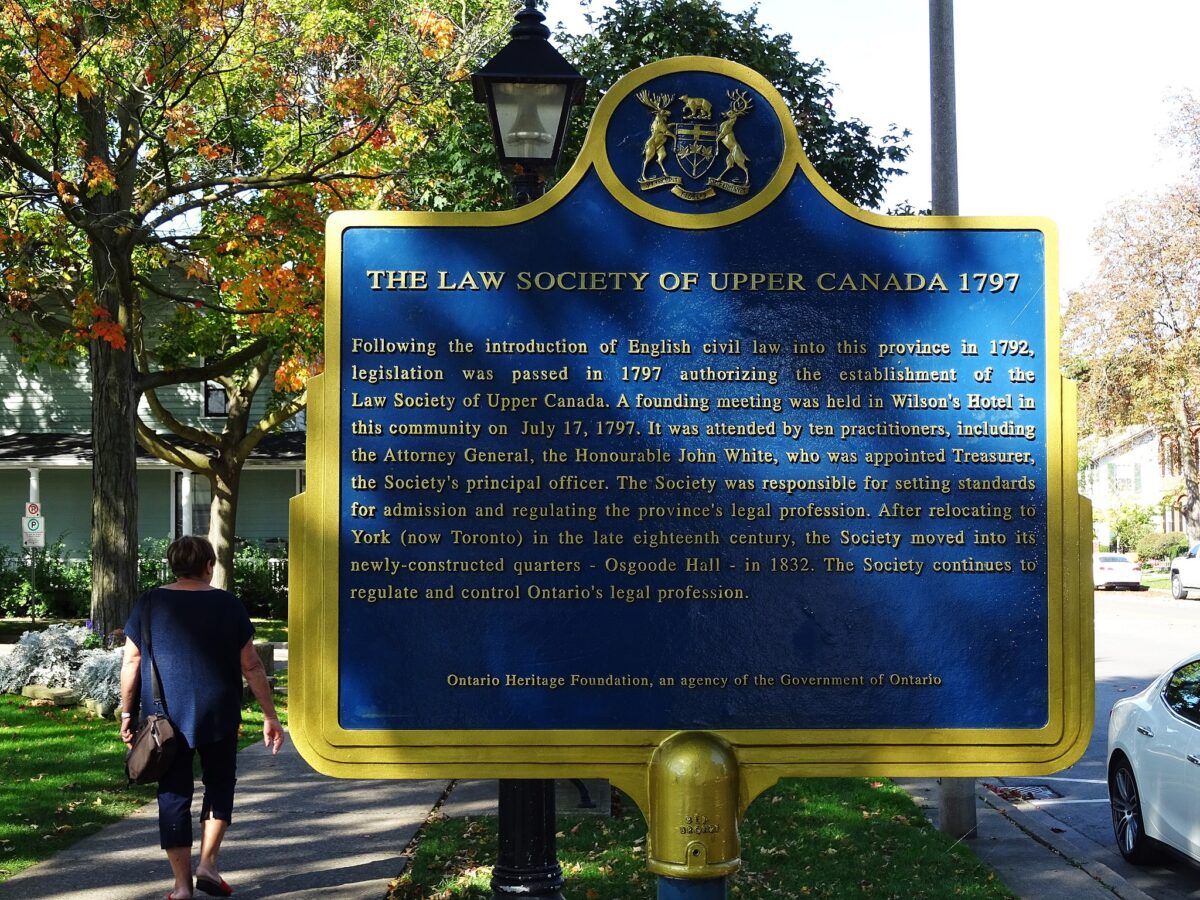Obviously, it would be utterly impossible to comprehensively address the topic of ‘Why I Hate the Law Society’ in the depth that it so richly deserves while complying with the LinkedIn limit on the length of a post. So, I will try to just hit the high points.
So, what exactly do I hate about the Law Society? Primarily its arrogance, and the high-handed nature of its decision making.









